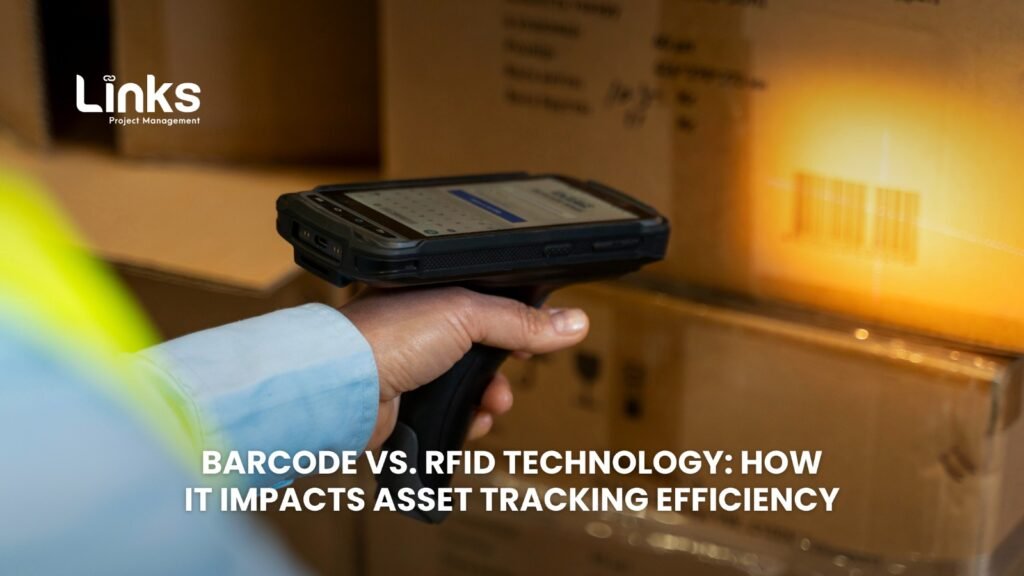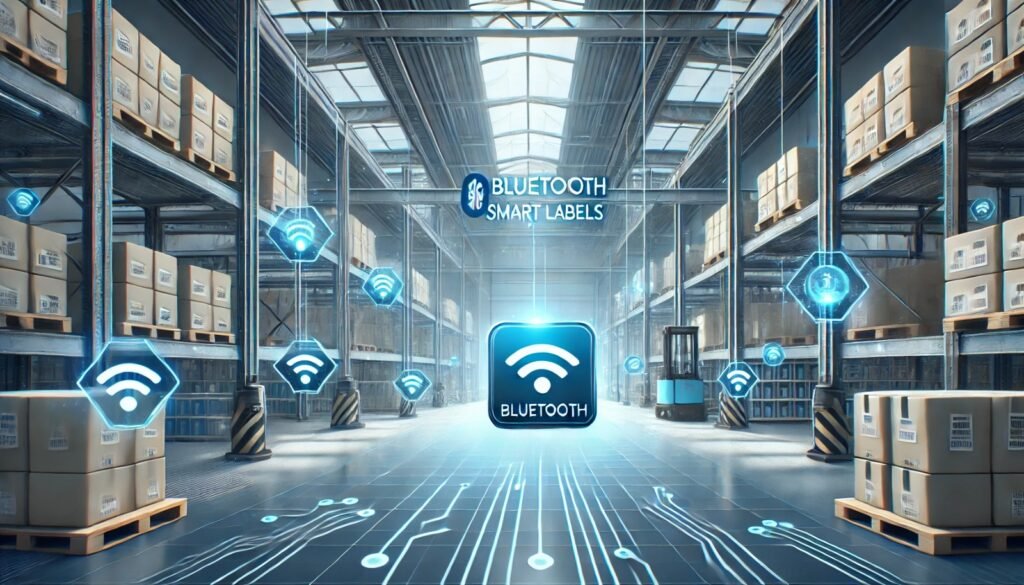Barcode vs. RFID Technology: How It Impacts Asset Tracking Efficiency
Efficient asset management is essential for businesses to maintain operational productivity, minimize losses, and reduce costs. In today’s competitive landscape, companies across industries rely on advanced technologies to track and manage their assets. Two of the most popular and widely used technologies for asset tracking are barcode and RFID (Radio Frequency Identification) systems. Each of these technologies offers unique benefits and challenges, but how do they compare in terms of asset tracking efficiency? Before we explore the specifics of barcode and RFID technologies, it’s important to understand what asset tracking entails. Asset tracking refers to the process of managing and monitoring physical assets such as equipment, machinery, IT devices, inventory, and other valuable resources within an organization. The primary goal is to track the movement, status, and location of these assets in real time to optimize asset utilization, reduce losses, and ensure compliance. To facilitate asset tracking, businesses often integrate software systems with technologies like barcode readers or RFID tags to identify, track, and locate assets quickly and accurately. Let’s take a closer look at these two primary asset tagging technologies. Barcode Technology: Simple, Cost-Effective, and Efficient Barcode technology is one of the oldest and most widely used methods for asset tracking. Barcodes are visual representations of data, consisting of parallel lines and spaces that encode information. Barcode readers can easily scan these codes to retrieve asset information. How Barcode Technology Works Each asset is assigned a unique barcode, typically printed on a label or tag that is attached to the physical item. A barcode reader scans the label, and the asset’s data is pulled from a database, providing real-time insights about the asset’s location, condition, or status. Advantages of Barcode Asset Tracking Low Initial Cost: One of the main benefits of barcode technology is its affordability. Barcode labels and readers are relatively inexpensive, making it a budget-friendly solution for businesses, especially small and medium-sized enterprises (SMEs). Simple to Use: Barcode scanning systems are user-friendly and require minimal training. Employees can quickly learn how to use barcode readers for asset tracking, which helps streamline operations. Accuracy: When implemented correctly, barcode asset tagging is highly accurate. Since barcodes are scanned in a controlled manner, the risk of errors is minimized, ensuring reliable asset tracking. Widespread Adoption: Barcode technology has been around for decades and is well-established in the industry. As a result, barcode scanning equipment and software are widely available, and most businesses are already familiar with barcodes, making it a convenient choice. Disadvantages of Barcode Technology Line of Sight Requirement: One major limitation of barcode technology is that the barcode reader must be within line of sight of the barcode to scan it. This requirement can be time-consuming, especially in large or cluttered spaces, where assets are hard to reach or view. Manual Scanning: Barcodes require manual scanning, which can slow down the tracking process, especially in environments with a large number of assets spread across different locations. Wear and Tear: Barcodes are printed on labels that can become damaged or worn out over time. When barcodes are unreadable due to fading or physical damage, asset tracking can be delayed or compromised. RFID technology is a more modern and advanced solution for asset tracking. Unlike barcodes, RFID (Radio Frequency Identification) uses radio waves to communicate with an RFID tag, making it a popular choice for large-scale asset tracking where automation and speed are critical. How RFID Technology Works An RFID tag is a small electronic device containing a microchip and an antenna. When an RFID reader sends out a radio frequency signal, the tag responds by transmitting its stored data to the reader, which updates the asset tracking system with the asset’s details. RFID technology doesn’t require direct line of sight to operate, allowing for more efficient asset tracking. Advantages of RFID Asset Tracking No Line of Sight Required: One of the key advantages of RFID technology over barcodes is that RFID tags do not require line of sight to be read. RFID readers can detect tags through walls, shelves, and other obstacles, making it ideal for tracking assets in large or cluttered environments. Faster and Automated: RFID technology allows for automatic asset data capture without the need for manual scanning. RFID readers can track multiple assets simultaneously, significantly improving efficiency and reducing human error. This automation reduces the time spent on asset tracking tasks. Durability: RFID tags are more durable than barcode labels. They can withstand harsh conditions such as exposure to chemicals, moisture, or extreme temperatures, making them well-suited for industries like manufacturing, logistics, healthcare, and construction. Real-Time Data: RFID technology provides real-time updates on asset location and status. This feature is crucial for businesses that need up-to-date information on the movement and condition of assets as they move through various stages of operations or production. Disadvantages of RFID Technology Higher Initial Cost: The upfront costs of implementing an RFID system are higher compared to barcode systems. RFID tags and readers are more expensive, and RFID software requires a significant investment, especially for large-scale implementations. Complexity: RFID systems are more complex to set up and manage compared to barcode systems. They require more technical expertise to integrate, and employees may need additional training to fully utilize the system. Interference: RFID technology can experience interference from materials like metal and liquid, which can affect the accuracy of readings. This is an important consideration for environments where these materials are prevalent. Barcode vs. RFID: Which Is Best for Your Business? The choice between barcode and RFID technology largely depends on your business needs, asset volume, and budget. Here’s a quick comparison: Feature Barcode RFID Cost Low Initial Cost Higher Initial Cost Line of Sight Required Not Required Scanning Speed Slower, manual scanning Faster, automated scanning Asset Tagging Barcodes (physical labels) RFID tags (electronic) Durability Prone to wear and tear More durable, can withstand harsh conditions Efficiency Less efficient for large-scale operations Highly efficient, automated, and scalable Maximizing Efficiency with RFID Technology When choosing between barcode and RFID for asset


